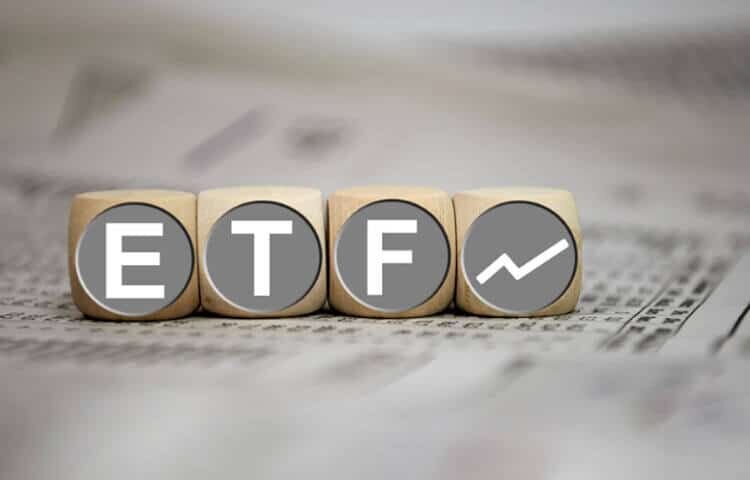
No trading account needed for 2nd ETF underwriting

The underwriting process, which began on last Wednesday will continue for two weeks until Wednesday, September 9, and while there is no need for having a trading account at the first step, the applicants for buying the shares through this ETF can do the underwriting by their national ID code and then open trading account in the coming months.
The shares will be tradable one month after the underwriting is finished.
As reported, the government shares in Tehran, Tabriz, Isfahan, and Bandar-Abbas refineries will be offered through this EFT, at the Tehran Stock Exchange (TSE) which is the main stock exchange of Iran.
The offering of the second EFT had been postponed several times due to some technical problems so that rumors of its cancelation were being heard, however in late June Finance and Economic Affairs Minister Farhad Dejpasand announced August 26 as the date for the offering of the second EFT and put an end to those rumors.
The offering of this EFT comes as the value of shares offered via the first exchange-traded fund has also increased significantly.
On May 2, the TSE listed the first exchange-traded fund from a series of three ETFs, through which shares of some state-owned organizations and companies are planned to be offered.
In mid-June, the finance and economic affairs minister announced that the value of shares that are offered by the first exchange-traded fund had doubled.
Referring to the offering of the shares via the first ETF, Dejpasand said, “The offering was our first experience in this field. About 3.6 million persons purchased the units of shares offered by the first fund.”
An ETF is an investment fund traded on stock exchanges, much like stocks. An ETF holds assets such as stocks, commodities, or bonds and generally operates with an arbitrage mechanism designed to keep it trading close to its net asset value, although deviations can occasionally occur.


Trump weighs using $2 billion in CHIPS Act funding for critical minerals

Codelco cuts 2025 copper forecast after El Teniente mine collapse

Electra converts debt, launches $30M raise to jumpstart stalled cobalt refinery

Barrick’s Reko Diq in line for $410M ADB backing

Abcourt readies Sleeping Giant mill to pour first gold since 2014

Nevada army depot to serve as base for first US strategic minerals stockpile

SQM boosts lithium supply plans as prices flick higher

Viridis unveils 200Mt initial reserve for Brazil rare earth project

Tailings could meet much of US critical mineral demand – study

Kyrgyzstan kicks off underground gold mining at Kumtor

Kyrgyzstan kicks off underground gold mining at Kumtor

KoBold Metals granted lithium exploration rights in Congo

Freeport Indonesia to wrap up Gresik plant repairs by early September

Energy Fuels soars on Vulcan Elements partnership

Northern Dynasty sticks to proposal in battle to lift Pebble mine veto

Giustra-backed mining firm teams up with informal miners in Colombia

Critical Metals signs agreement to supply rare earth to US government-funded facility

China extends rare earth controls to imported material

Galan Lithium proceeds with $13M financing for Argentina project

Kyrgyzstan kicks off underground gold mining at Kumtor

Freeport Indonesia to wrap up Gresik plant repairs by early September

Energy Fuels soars on Vulcan Elements partnership

Northern Dynasty sticks to proposal in battle to lift Pebble mine veto

Giustra-backed mining firm teams up with informal miners in Colombia

Critical Metals signs agreement to supply rare earth to US government-funded facility

China extends rare earth controls to imported material

Galan Lithium proceeds with $13M financing for Argentina project

Silver price touches $39 as market weighs rate cut outlook

















